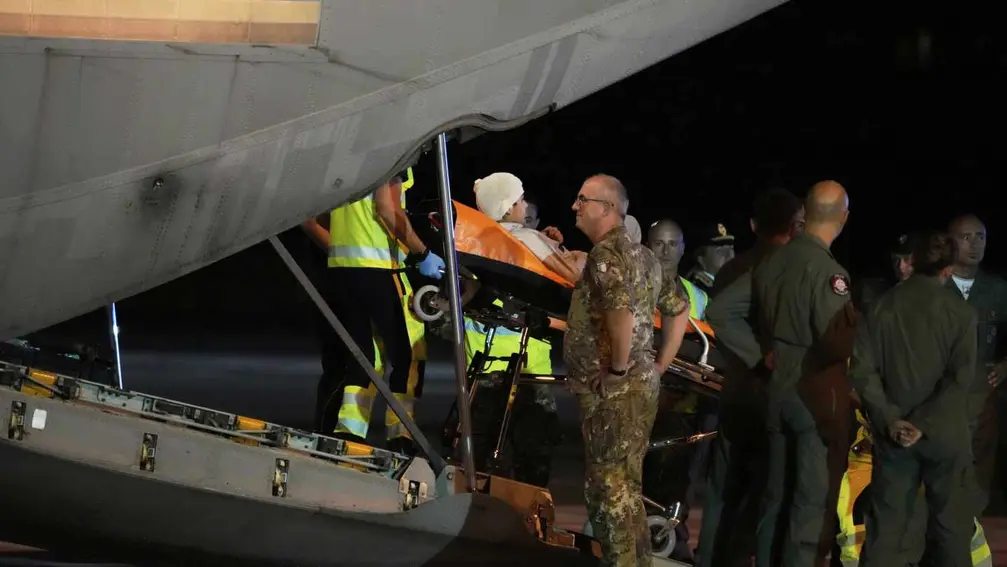T4K3.news
Gaza evacuee case raises questions over medical transfer
A Gaza evacuee who died in Pisa reportedly had leukemia, prompting scrutiny over transfer timing and aid narratives.
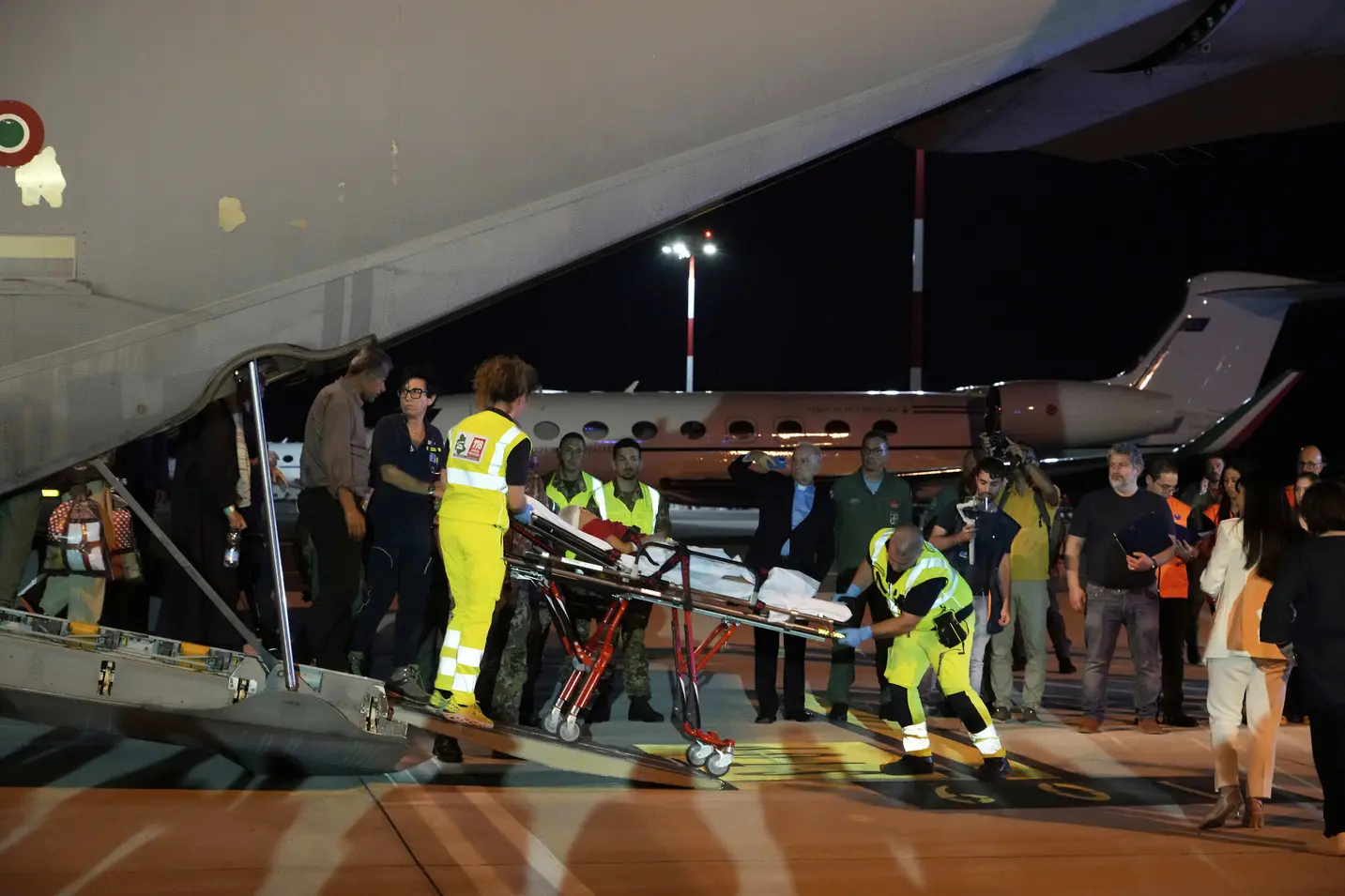
A Gaza evacuee who died in Pisa, Italy, is reported to have leukemia, raising questions about medical transfer timing and the handling of aid narratives.
Gaza Evacuee Case Highlights Medical Transfer and Aid Tensions
A 20-year-old Palestinian woman from the Gaza Strip, Marah Abu Zuhri, died after being evacuated to the University Hospital of Pisa for treatment. Israel said she had leukemia and arrived in a state described by the hospital as severe physical deterioration with a very complex clinical picture. Italian media later reported concerns about malnutrition, though the hospital did not confirm this detail. COGAT, the Defense Ministry body coordinating humanitarian matters, released a document from Nasser Hospital in Khan Younis stating the leukemia diagnosis and the urgent need for treatment. Abu Zuhri was transported to Italy with her mother on one of three Italian air force flights that carried a total of 31 patients and companions to Rome, Milan, and Pisa. The head of Tuscany, Eugenio Giani, offered condolences to the family. A broader evacuation of Gaza patients to Italy has included more than 180 people so far, according to Italian officials. Officials said the transfer could have happened earlier, noting that Israel had proposed several dates for the transfer but did not provide a detailed explanation for the delay. Italian authorities have emphasized that such medical transfers are part of a wider humanitarian effort while ensuring proper care.
Key Takeaways
"Israel facilitates the medical transfer, with a focus on children"
COGAT statement on transfer policy
"The evacuation could have taken place earlier, as Israel had proposed several possible dates for the transfer"
COGAT on timing
"Images and reports of starving Gazans drew international outrage"
Media reaction linked to aid policies
This case exposes how humanitarian aid becomes entangled with wartime politics. The discovery of a leukemia diagnosis reframes the initial image of a patient arriving in dire condition, complicating public perception and policy discussions about urgency and care. When timing claims emerge from officials, they feed a narrative battleground where transparency and accountability matter as much as life saving medical work. The episode also highlights how media coverage of famine and illness in Gaza can pressure governments to expand aid flows, even as agencies warn that reports are easily politicized and may not reflect on the ground realities.
Highlights
- Israel facilitates the medical transfer with a focus on children
- The evacuation could have taken place earlier as Israel proposed several dates
- Images and reports of starving Gazans drew international outrage
- Transparent, timely updates are essential in war time medical care
Humanitarian and political sensitivity around evacuee case
The reporting touches on sensitive political and humanitarian issues, including timing of evacuations, interpretation of malnutrition reports, and international aid dynamics. This creates potential for political backlash, misinterpretation, and public scrutiny.
Swift, transparent communication remains crucial as crises unfold
Enjoyed this? Let your friends know!
Related News
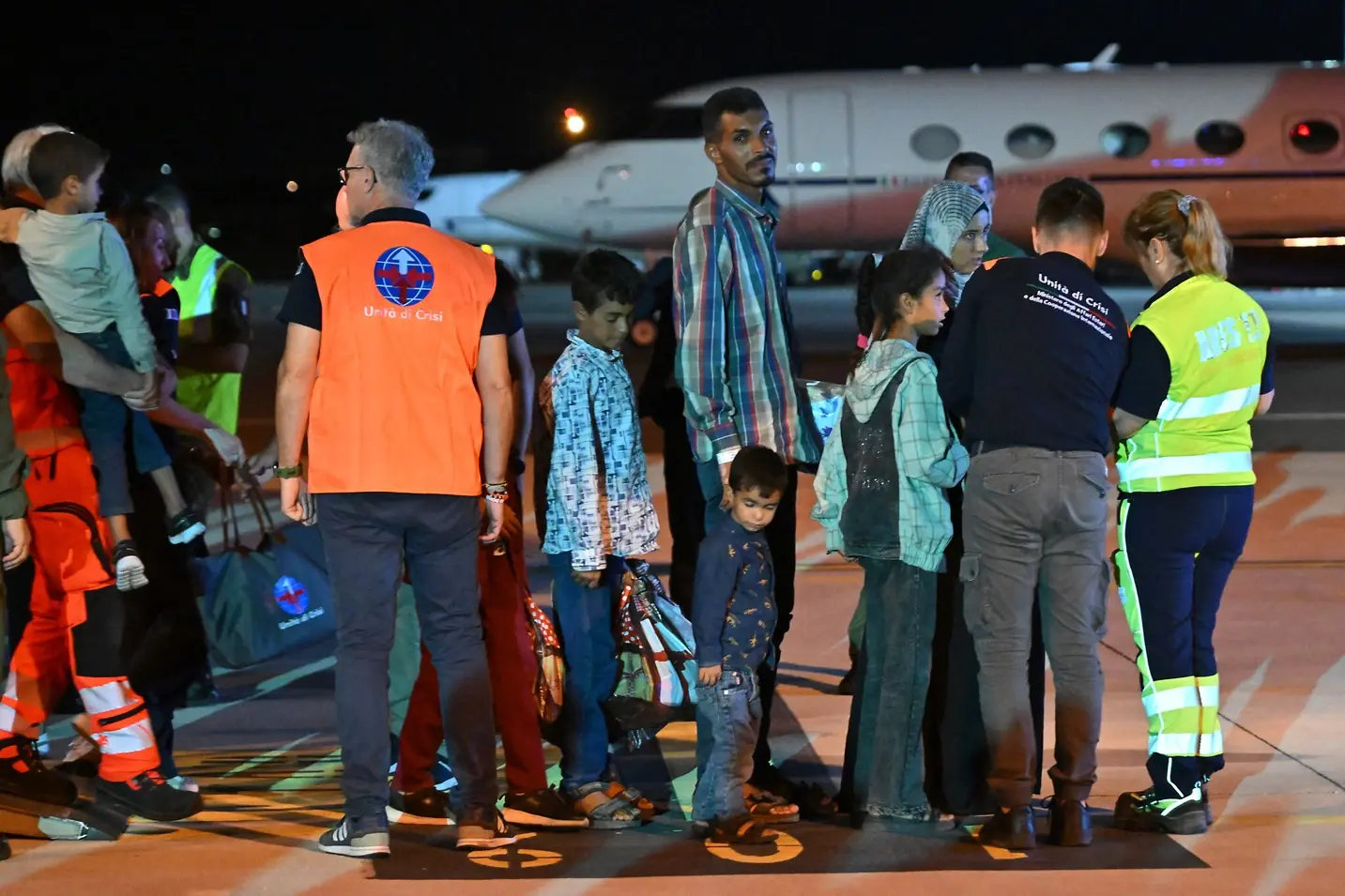
Health evacuations in Gaza expand

Transfer news intensifies as deadline approaches
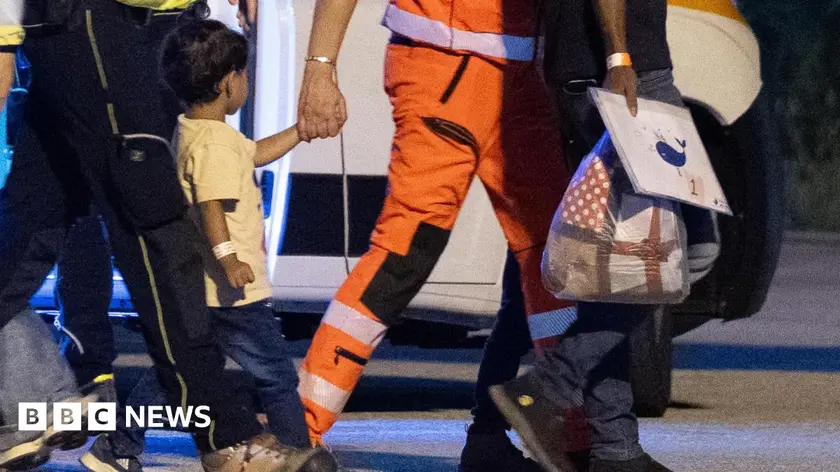
Gazan evacuee dies in Italy after malnutrition
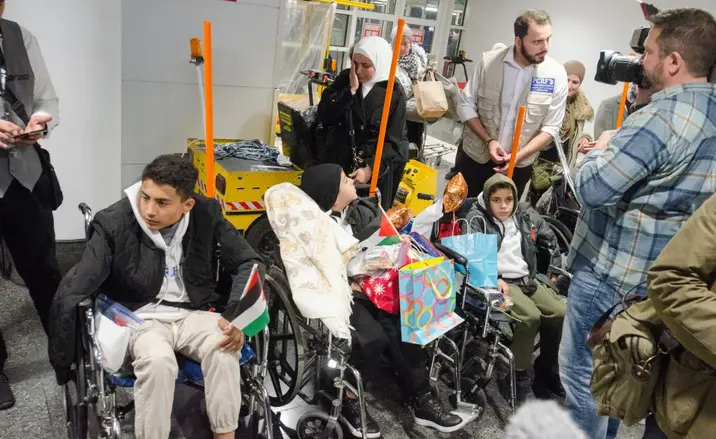
Visa Pause Affects Gaza Medical Evacuations

Fort Stewart Shooting Suspect Identified
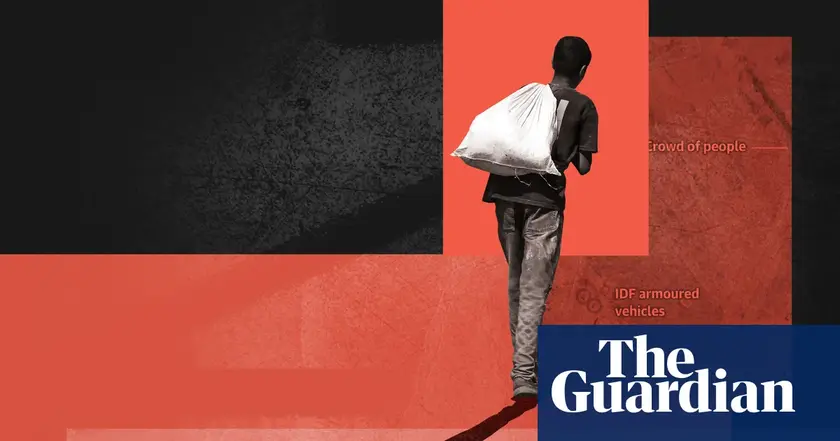
Gunfire near Gaza food sites investigated

Israel faces legal duties as Gaza City operation unfolds

State Department halts Gaza medical visas
